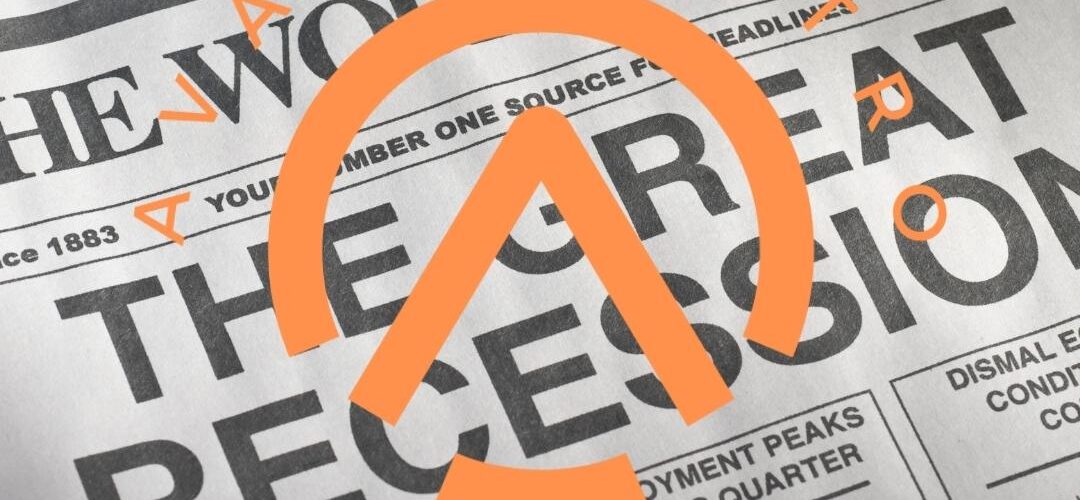The Impact of Recession on the Polymer and Plastic Market
The global economy is a dynamic entity, subject to constant fluctuations. The ebb and flow of economic conditions can significantly impact various industries, and the polymer and plastic market is no exception. In this article, we will explore the effects of a recession on the polymer and plastic market, shedding light on how economic downturns can shape the industry’s landscape.
Understanding the Basics
Before delving into the impact of a recession, it’s essential to grasp the fundamentals of the polymer and plastic market. This industry encompasses a wide range of products, from packaging materials and consumer goods to industrial applications. Plastics are ubiquitous in our daily lives, making this market a vital component of the global economy.
The Vulnerability of Polymer and Plastic Industry
During times of economic recession, consumer spending tends to decrease. People become more cautious about their finances, leading to reduced consumption of non-essential products. The polymer and plastic market often finds itself in a precarious position during these periods, as a substantial portion of its products falls into the non-essential category.
Reduced Demand
One of the primary effects of a recession on the polymer and plastic market is a sharp decline in demand. Consumers cut back on purchases, leading to decreased orders for plastic products. This reduction in demand can have a cascading effect on manufacturers and suppliers within the industry.
Pricing Pressures
With reduced demand comes increased competition among manufacturers. To maintain profitability, many companies may engage in price wars, further driving down the prices of plastic products. This can be detrimental to the overall health of the industry, as it may lead to decreased profit margins and, in some cases, business closures.
Impact on Innovation
Economic downturns can stifle investments in research and development. The polymer and plastic market heavily relies on innovation to create more sustainable and environmentally friendly products. A recession can hinder these advancements, potentially slowing the industry’s progress toward more eco-conscious practices.
Supply Chain Disruptions
Recessions can disrupt supply chains, affecting the timely delivery of raw materials to manufacturers. This can lead to production delays and increased costs, both of which can negatively impact the polymer and plastic market.
Opportunities Amidst Challenges
While recessions pose significant challenges to the polymer and plastic market, they also create opportunities. Companies that can adapt, streamline operations, and invest in research and development during challenging times are often better positioned to thrive when the economy rebounds.
Sustainability and Environmental Concerns
One aspect that becomes even more critical during a recession is the growing emphasis on sustainability and environmental responsibility. As consumers become more conscious of the environment, they look for eco-friendly alternatives. This shift in consumer behavior can affect the polymer and plastic market by increasing the demand for biodegradable or recyclable materials.
Companies that invest in sustainable practices, such as using recycled plastics or reducing their carbon footprint, can gain a competitive edge during an economic downturn. Adapting to these changing consumer preferences is not only environmentally responsible but also financially prudent.
Government Regulations
During recessions, governments often implement policies and regulations aimed at stabilizing the economy. These regulations can have a significant impact on the polymer and plastic market, especially if they address issues like waste management, pollution control, or product safety.
Companies operating in this industry need to stay informed about changing regulations and adapt their practices accordingly. Non-compliance can lead to legal issues, fines, and a tarnished reputation, which can be especially damaging during challenging economic times.
Globalization and Trade
The polymer and plastic market is highly interconnected on a global scale. Recessions can disrupt international trade and supply chains. While this can create challenges, it can also open up opportunities for companies to diversify their markets and explore new customer bases.
Adapting to the global nature of the industry by exploring international markets, forming strategic partnerships, and optimizing logistics can help businesses weather economic downturns more effectively.
Consumer Trends
Another aspect to consider is how consumer behavior evolves during a recession. While there’s often a reduction in spending, consumers may also become more focused on value and affordability. Companies in the polymer and plastic market can respond by offering cost-effective, durable, and versatile products that meet the changing needs of consumers.
The Path Forward
In a dynamic economic landscape, the polymer and plastic market must remain adaptable and forward-thinking. The impact of a recession is undeniable, but it’s essential to view it as a challenge that can be overcome with the right strategies and a proactive mindset.
As we’ve explored, the effects of a recession on this industry are multifaceted, from reduced demand and pricing pressures to opportunities for sustainability and global expansion. To thrive in the ever-evolving business environment, companies in the polymer and plastic market must continue to innovate, embrace sustainability, monitor regulations, and remain agile in the face of economic challenges.
Conclusion
In conclusion, the impact of a recession on the polymer and plastic market is multifaceted. Reduced demand, pricing pressures, and disruptions in the supply chain can pose significant challenges. However, forward-thinking companies that can weather these challenges and invest in innovation may find themselves in a strong position once the economic tide turns. As we navigate the ever-changing economic landscape, the polymer and plastic market will continue to evolve, adapting to the challenges and opportunities presented by each recession.

